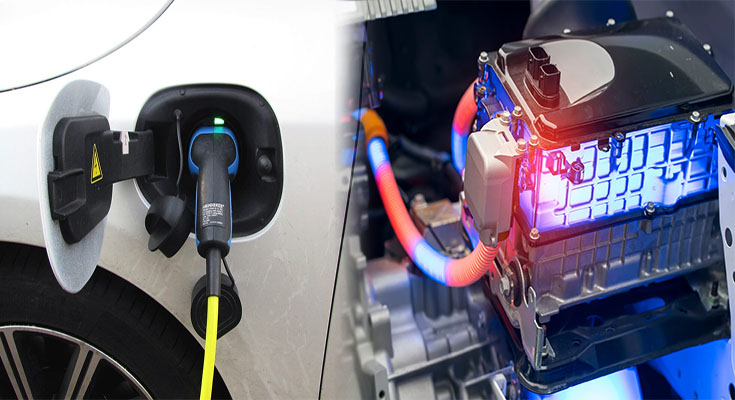Electric vehicles (EVs) have been gaining traction in the automotive industry, thanks to continuous advancements in two key areas: range improvements and battery efficiency. These factors have played a pivotal role in overcoming one of the major barriers to widespread EV adoption – range anxiety.
Electric Vehicle Range Improvements:
One of the primary concerns for consumers considering the switch to an electric vehicle has been the limited range compared to traditional gas-powered cars. However, significant strides have been made in improving the range of EVs, making them more practical for everyday use.
Manufacturers are constantly enhancing battery technology, aerodynamics, and overall vehicle efficiency to extend the range of electric cars. This has led to the development of EVs with ranges that can rival or even surpass those of many gas-powered vehicles. Some modern EVs can now travel over 300 miles on a single charge, making them a viable option for long-distance travel.
Battery Efficiency:
Battery technology is at the heart of electric vehicle performance, with advancements in battery efficiency playing a critical role in pushing the boundaries of EV capabilities. Improving the energy density of batteries, reducing charging times, and enhancing overall battery life are key areas of focus for researchers and manufacturers.
In recent years, lithium-ion batteries have dominated the EV market due to their high energy density and relatively low cost. However, research into alternative battery chemistries, such as solid-state batteries and lithium-sulfur batteries, aims to further improve the efficiency and performance of EV batteries. These innovations could potentially revolutionize the electric vehicle industry by offering increased range, faster charging times, and longer battery lifespan.
The Future of Electric Vehicles:
As electric vehicle range improvements and battery efficiency continue to evolve, the future looks promising for the widespread adoption of EVs. With governments around the world implementing stricter emissions regulations and incentives for electric vehicle adoption, the automotive industry is shifting towards a more sustainable future.
The ongoing advancements in electric vehicle technology, specifically in range improvements and battery efficiency, are paving the way for a greener and more efficient transportation system. With each new development, electric vehicles are becoming increasingly competitive with traditional combustion engine vehicles, making them a viable option for environmentally conscious consumers.
As the electric vehicle market continues to grow, it is clear that the future of transportation is electric, efficient, and environmentally friendly.

